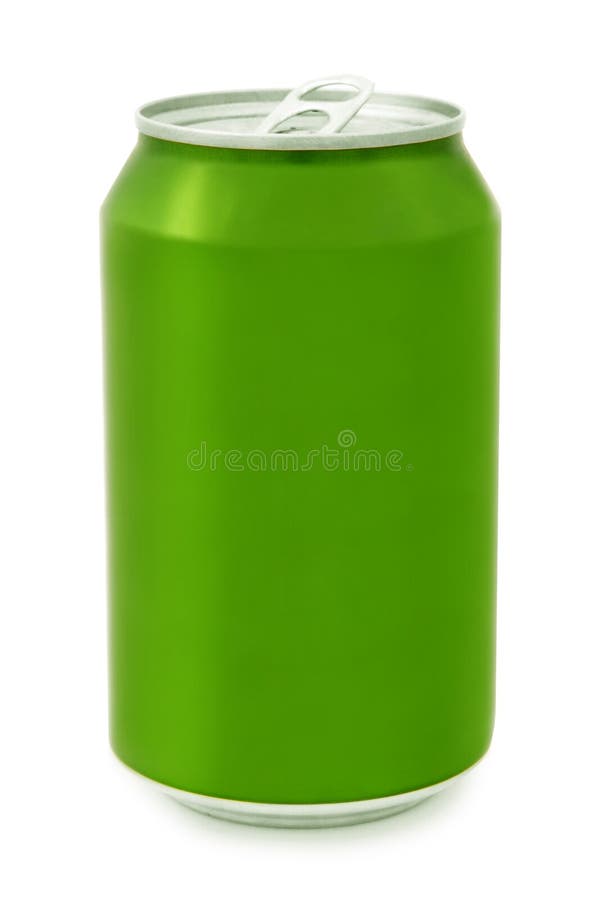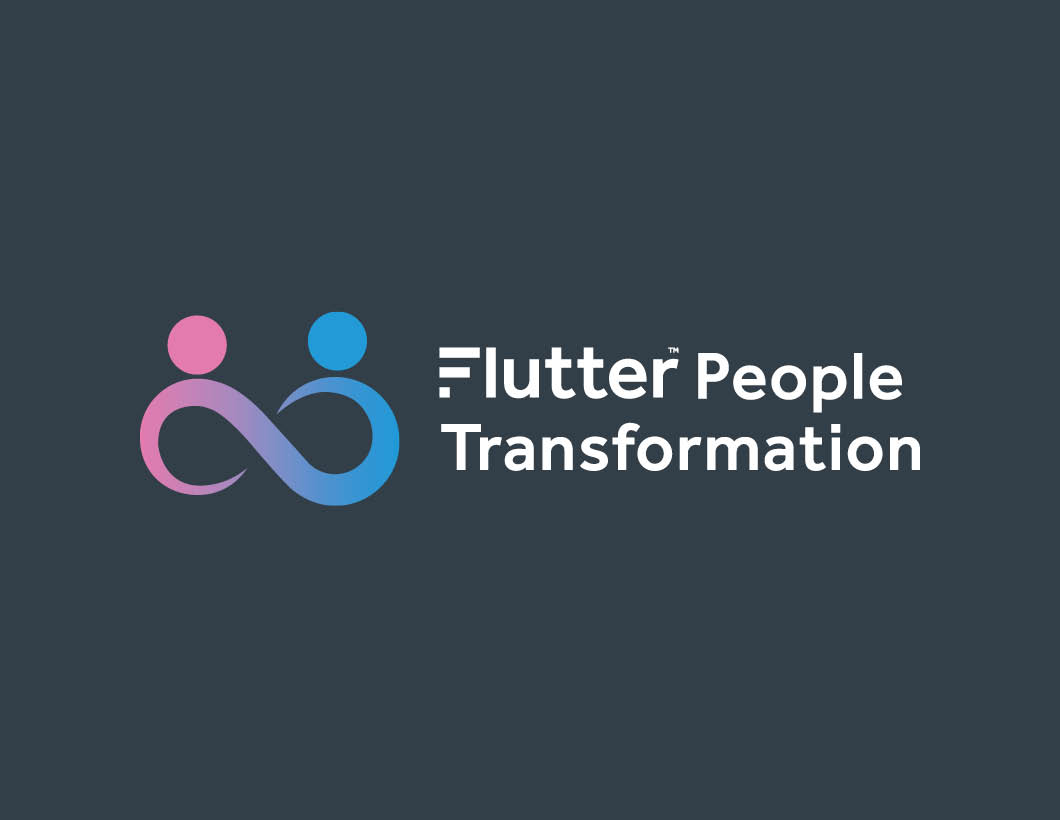Is Wellness a Scam? Navigating Hype, Fraud, and Genuine Opportunity in the Health Industry
Introduction: The Wellness Industry Under the Microscope
The wellness industry, valued at trillions globally, promises improved health, vitality, and longevity. Yet, as its popularity grows, so do concerns about scams, misleading claims, and fraudulent schemes. Is wellness a scam, or does it offer real benefits? This article investigates the facts, highlights common pitfalls, and provides actionable steps to safely navigate wellness offers.
The Reality of Fraud in Health and Wellness
Fraudulent activities in the health and wellness sector are not rare. According to the National Health Care Anti-Fraud Association, an estimated 3%-and possibly up to 10%-of total U.S. healthcare expenditures are lost to fraud each year, amounting to tens or even hundreds of billions of dollars [1] . Major federal investigations have exposed schemes including fake medical equipment orders, unnecessary diagnostic scans, and kickbacks to providers [2] . These scams not only cost consumers money, but can also cause physical harm and undermine trust in legitimate wellness offerings.
Common Wellness Scams: What to Watch Out For
Scammers exploit trending health topics, targeting consumers with promises of quick results and miracle cures. The most prevalent scams include:

Source: bewellhealthandfitness.com
- Bogus Supplements: Unscrupulous sellers advertise pills and powders that claim impossible benefits, such as rapid fat loss or disease reversal, often backed by fake reviews and AI-generated endorsements. These products may contain unregulated or unsafe ingredients-or may never be delivered [3] .
- Fake Fitness Apps: Fraudulent apps may steal personal data, charge hidden fees, or simply fail to deliver promised health tracking or coaching features. Always verify an app’s publisher and reviews before downloading.
- Unlicensed Clinics and Providers: Some operators offer unproven treatments, ranging from IV infusions to genetic testing, without proper medical oversight or credentials. These services may be medically unnecessary or even harmful [2] .
- Kickback and Billing Schemes: Fraudsters may bill for services not rendered, or pay providers to order unnecessary procedures, inflating costs and exposing patients to risk [4] .
How to Recognize Red Flags
Before engaging with any wellness service, be vigilant for these warning signs:
- Too-good-to-be-true claims, such as “lose 20 pounds in a week” or “cure any disease instantly.”
- Pressure to purchase immediately, often through limited-time offers or aggressive marketing.
- Lack of verified credentials, certifications, or regulatory oversight.
- Use of deepfake endorsements, AI-generated testimonials, or suspicious before-and-after photos [3] .
- Unverifiable contact information or websites with misspelled domain names.
Step-by-Step: Safeguarding Your Wellness Journey
Protect yourself and your finances by following these steps before engaging with any wellness product or service:
- Research the Provider: Search for reviews on independent platforms, check credentials, and confirm licensing through official state medical or professional boards. For supplements, verify FDA registration or check the National Institutes of Health Office of Dietary Supplements.
- Verify Claims: Look for scientific evidence supporting the product or service. Reliable sources include peer-reviewed journals, government agencies, and major medical organizations. Avoid relying solely on testimonials or influencer endorsements.
- Check for Regulatory Oversight: For healthcare services, confirm the provider participates in recognized insurance networks or is listed with the Centers for Medicare & Medicaid Services (CMS). For apps, download only from official app stores and check for recent updates and privacy policies.
- Contact Consumer Protection Agencies: If you suspect fraud or have encountered a scam, report it to the Federal Trade Commission (FTC), your state attorney general, or the National Health Care Anti-Fraud Association. These agencies track scams and provide guidance on recovery.
- Consult a Licensed Medical Professional: Before starting any new wellness regimen, seek advice from a board-certified healthcare provider to assess safety and efficacy.
Real-World Case Studies
Recent enforcement actions highlight the prevalence and impact of wellness-related scams:
- In 2025, federal agencies charged over 300 defendants in healthcare fraud schemes totaling $14.6 billion in intended losses, including unnecessary diagnostics, fake hospice companies, and fraudulent medical equipment billing [5] .
- AI-driven scams are on the rise, with deepfake endorsements and fake reviews making fraudulent supplements more convincing and difficult for consumers to identify [3] .
Accessing Genuine Wellness Resources: Actionable Guidance
If you’re seeking legitimate wellness services and benefits, here’s how to proceed safely:
- Health Insurance Benefits: To access wellness programs through your insurance, log into your insurer’s official website and search for “wellness benefits” or “preventive care.” If unsure, call the customer service number on your insurance card.
- Government-Sponsored Programs: For Medicare or Medicaid recipients, visit the official Centers for Medicare & Medicaid Services website and search for “wellness services.” For questions, use the contact information provided on the site or call 1-800-MEDICARE.
- Community Health Initiatives: Many local health departments offer free or low-cost wellness screenings, fitness classes, and nutrition workshops. Search for your city or county health department online and look for “community wellness programs.”
- Accredited Wellness Providers: Use professional associations such as the American Medical Association (AMA) or the Academy of Nutrition and Dietetics to find certified practitioners. Never rely solely on social media or unverified online directories.
When in doubt, seek recommendations from your primary care physician or local hospital, and avoid giving personal or financial information to unfamiliar sources.
Alternatives and Solutions: Navigating the Industry Safely
If you’re wary of scams or uncertain about the legitimacy of a wellness offer, consider these alternatives:
- Self-Guided Wellness: Reliable health information is available from government agencies such as the Centers for Disease Control and Prevention (CDC). Search for “wellness tips” or “healthy living” on their official site.
- Community-Based Programs: Libraries, recreation centers, and nonprofit organizations often host free wellness events. Ask about upcoming programs or search local listings for evidence-based options.
- Telehealth Services: Many insurers and providers now offer virtual wellness consultations. To participate, log into your insurer’s official portal or call your doctor’s office to ask about telehealth options.
Key Takeaways: Is Wellness a Scam?
The wellness industry is vast and includes both legitimate and fraudulent actors. While scams are prevalent-ranging from fake supplements to billing schemes-there are also many genuine resources and benefits available to consumers. By applying due diligence, researching providers, and consulting official agencies, you can access safe and effective wellness services while avoiding deception [1] .

Source: betterlisten.com
References
- [1] National Health Care Anti-Fraud Association (2025). The Challenge of Health Care Fraud.
- [2] Cotiviti (2025). Busted: The Top Fraud Schemes of Q1 2025.
- [3] Bitdefender (2025). Watch Out for These Health Scams on World Health Day.
- [4] U.S. Department of Justice (2025). National Health Care Fraud Takedown Results.
- [5] The National Law Review (2025). DOJ Announces 2025 Health Care Fraud Takedown Results.
MORE FROM cheerdeal.com













